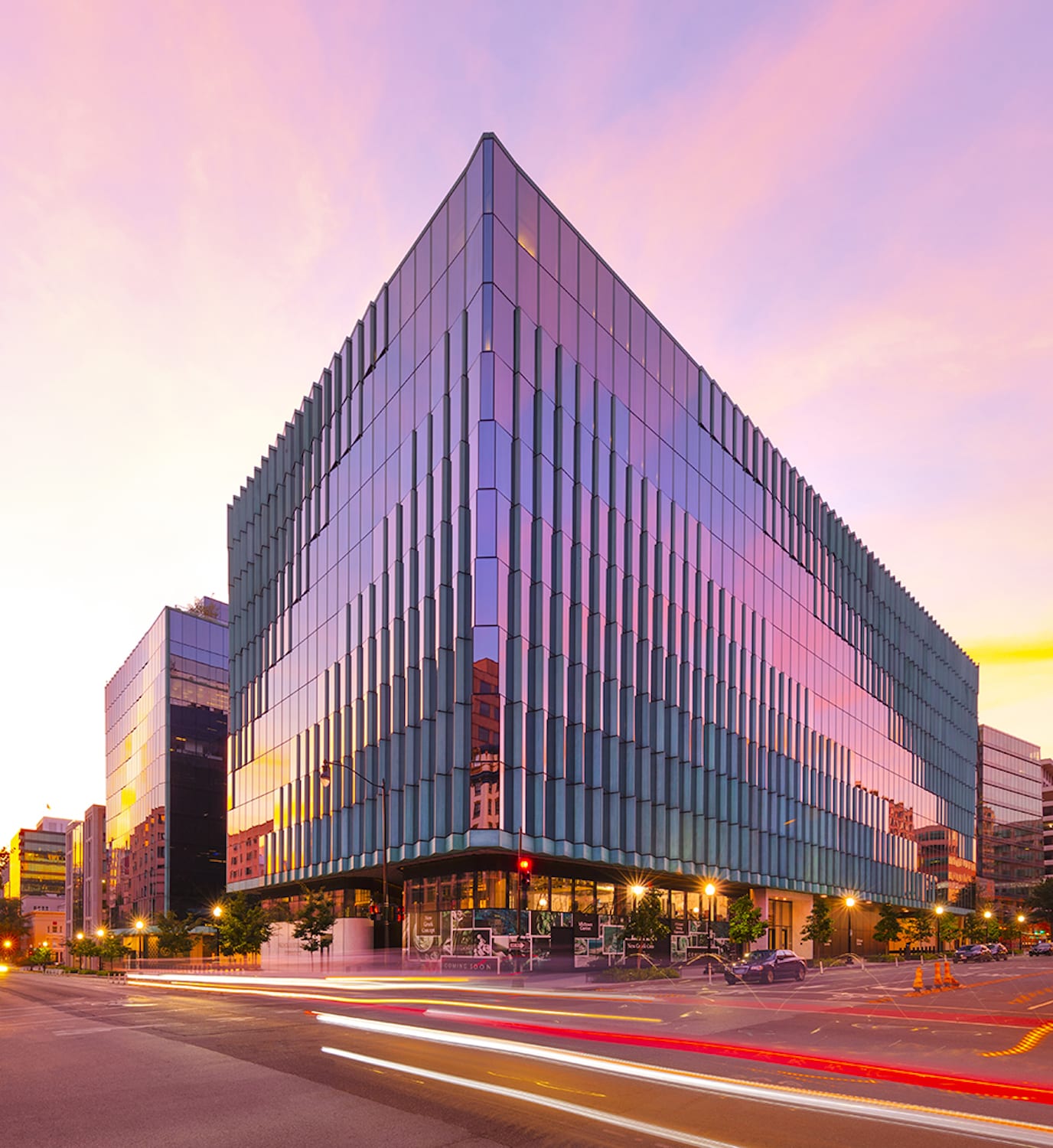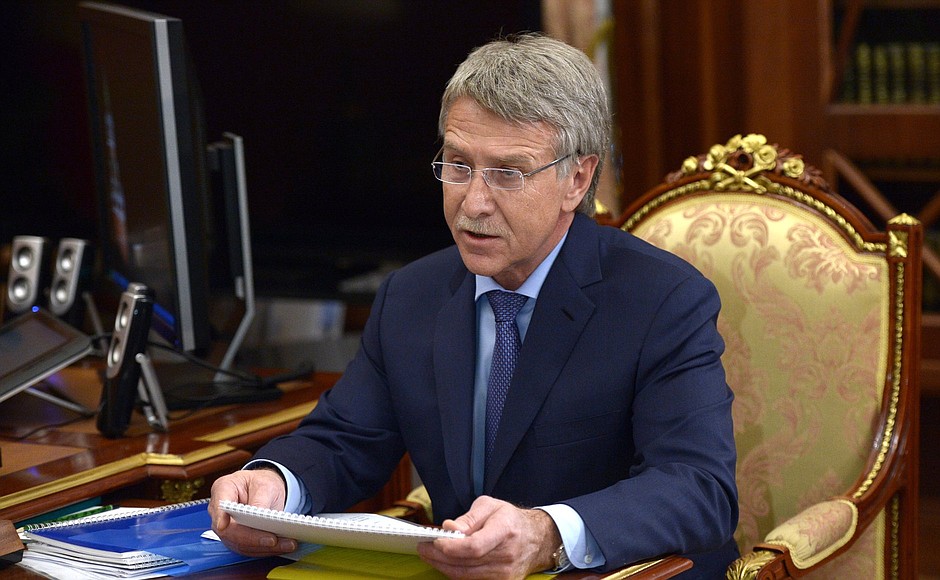

CERN spends much of its budget on building machines such as the Large Hadron Collider and it only partially contributes to the cost of the experiments. Funding agencies from both Member and Non-Member States are responsible for the financing, construction and operation of the experiments on which they collaborate. Over 600 institutes and universities around the world use CERN’s facilities. The Observer status of JINR is suspended in accordance with the CERN Council Resolution of 25 March 2022.

The Observer status of the Russian Federation is suspended in accordance with the CERN Council Resolution of 8 March 2022. The international organisations European Union and UNESCO currently have Observer status at CERN. Japan and the United States of America hold Observer status with respect to the LHC, while the United States of America also holds Observer status with respect to the HL-LHC. Croatia, India, Latvia, Lithuania, Pakistan, Türkiye and Ukraine are Associate Member States. Today CERN has 23 Member States: Austria, Belgium, Bulgaria, Czech Republic, Denmark, Finland, France, Germany, Greece, Hungary, Israel, Italy, Netherlands, Norway, Poland, Portugal, Romania, Serbia, Slovak Republic, Spain, Sweden, Switzerland and United Kingdom.Ĭyprus, Estonia and Slovenia are Associate Member States in the pre-stage to Membership. They make a contribution to the capital and operating costs of CERN’s programmes, and are represented in the Council, responsible for all important decisions about the Organization and its activities. Member States have special duties and privileges. The Czech Republic and Slovak Republic re-joined CERN after their mutual independence in 1993. The CERN convention was signed in 1953 by the 12 founding states Belgium, Denmark, France, the Federal Republic of Germany, Greece, Italy, the Netherlands, Norway, Sweden, Switzerland, the United Kingdom and Yugoslavia, and entered into force on 29 September 1954.


 0 kommentar(er)
0 kommentar(er)
